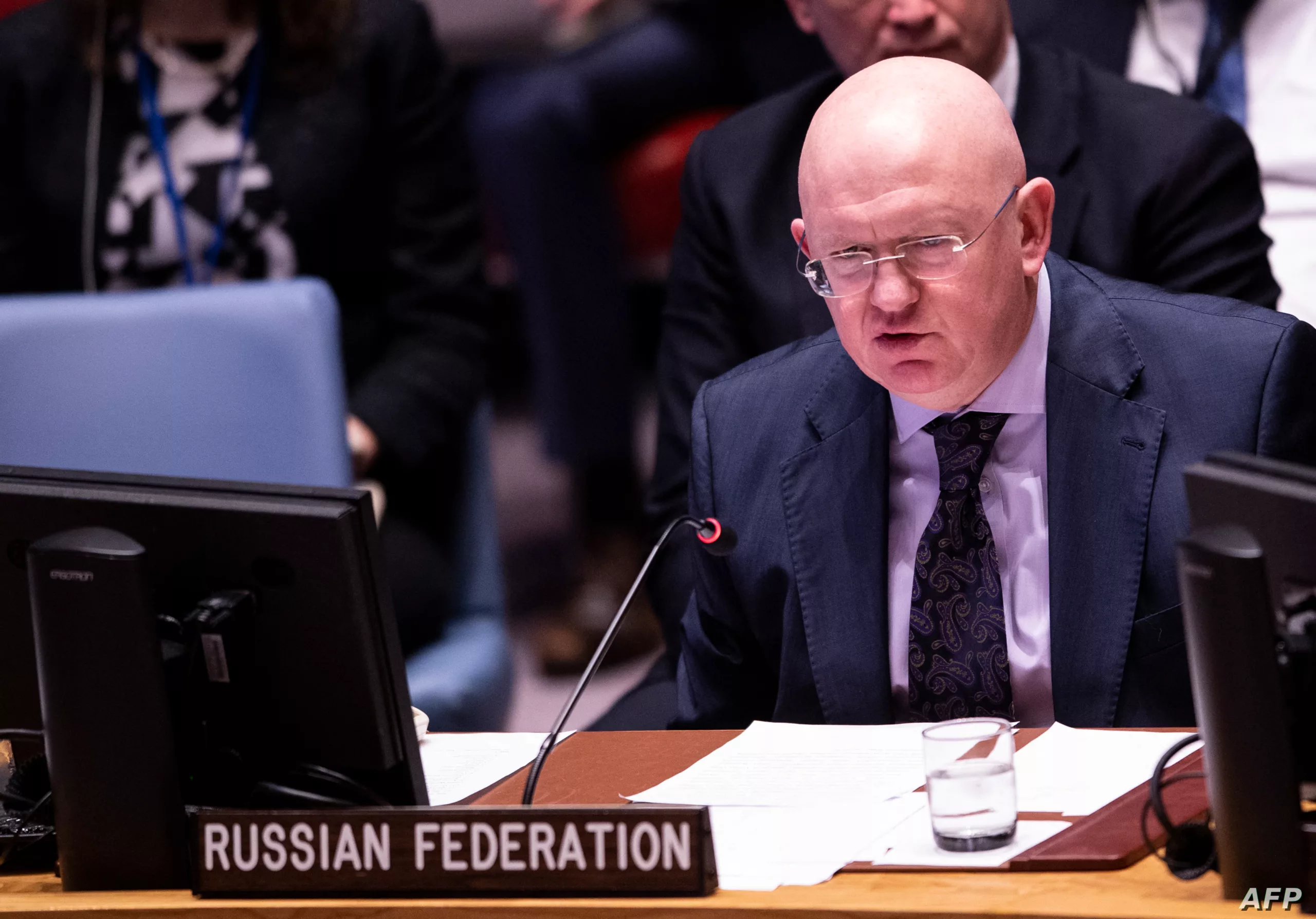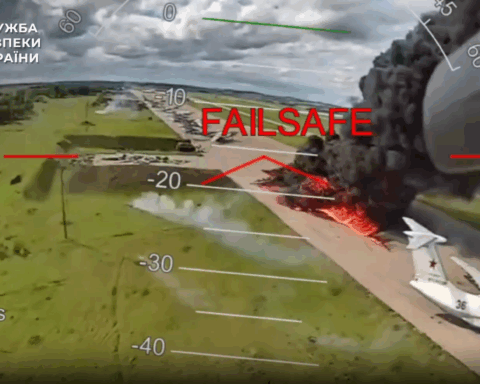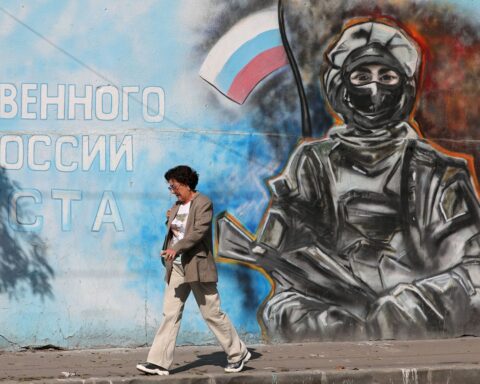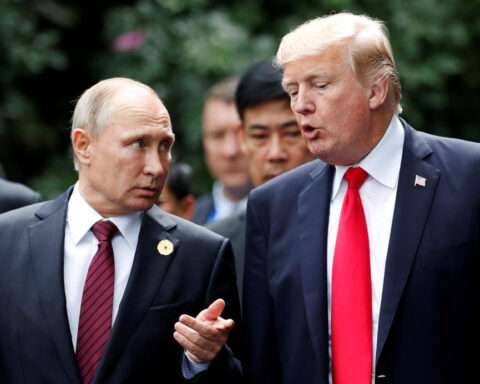Although it officially labels the Taliban a terrorist organization, Russia has engaged with their leaders for years, even inviting them to Moscow.
As Western nations view the United States and NATO’s exit with concern, worried that women and girls, in particular, will suffer repression under the Islamist group, Moscow has struck a softer tone.
“There is no point in panicking,” Russian U.N. Ambassador Vassily Nebenzia told an emergency meeting of the U.N. Security Council on August 16, a day after the Taliban seized Kabul. He said Moscow’s embassy would continue to operate as normal.
“We remain interested in a swift, peaceful settlement and a subsequent stabilization in Afghanistan and its post-conflict recovery,” he added.
Moscow has its own bad memories of an intervention gone bad in Afghanistan.
In 1979, its troops invaded the country to prop up a communist government that was fighting an earlier group of Islamist rebels known as the Mujahedeen. What was supposed to be a quick military operation ended up dragging on for nearly a decade, taking Soviet lives and treasure. Soon after their troops withdrew, the communist regime collapsed.
One of Russia’s top concerns today is to prevent the export of Islamist extremists and fighters to its allies in Central Asia.
“We would like to underscore that the Russian Federation will interact only with those political forces in Afghanistan that will not be connected to terrorists, first of all ISIL and al-Qaida and their affiliated groups,” Nebenzia said.
“From Russia’s standpoint, they don’t have a choice. They can’t stand on the sidelines,” said Mark Simakovsky, nonresident senior fellow at the Washington-based Atlantic Council.
The Kremlin wants to protect its security and economic interests in Afghanistan and is pragmatic enough to engage with the Taliban to accomplish that.
“They are in charge in Afghanistan,” Olga Oliker, program director for Europe and Central Asia at the International Crisis Group, said of the Taliban. “If you want trade, if you want security assurances toward Central Asia, if you want mineral rights, if you want any of that, this is who you deal with for the time being.”
Moscow has also put on a show of force in the Taliban’s neighborhood, staging joint military exercises earlier this month with Tajikistan and Uzbekistan as the Taliban were on the move seizing provinces bordering these Central Asian nations.
Russia also hopes to use the U.S. withdrawal to spin its own propaganda narrative to unnerve Washington’s allies in places like Ukraine and among the U.S.-backed opposition in Venezuela.
“Right now, the Russian priority is to fill the vacuum with influence and try to cash in on this relationship that they’ve had with the Taliban going back years,” Simakovsky
said. “And to use this Taliban victory to showcase the weakening of U.S. global power and to use that to further undermine U.S. interests around the world.”
Ultimately, Moscow hopes to fill the vacuum left by Washington’s departure to boost its own regional influence.






